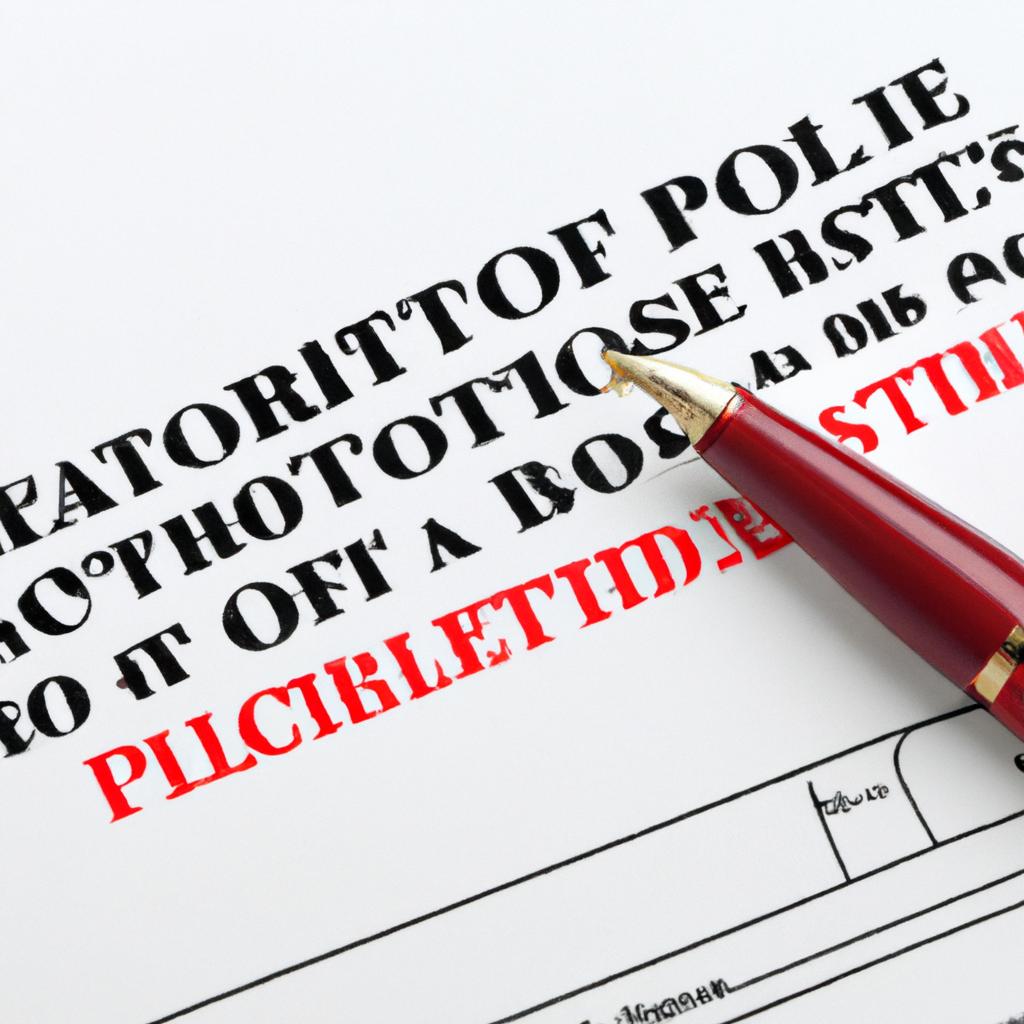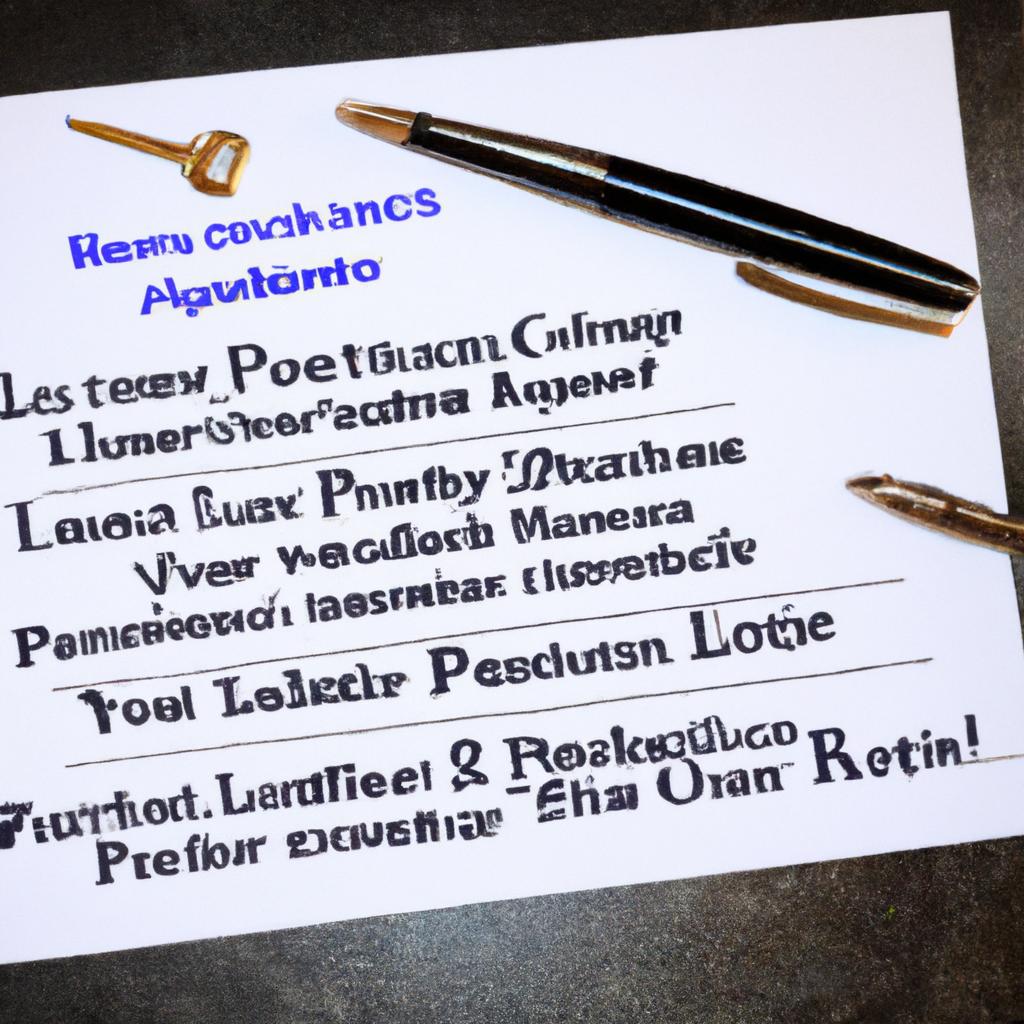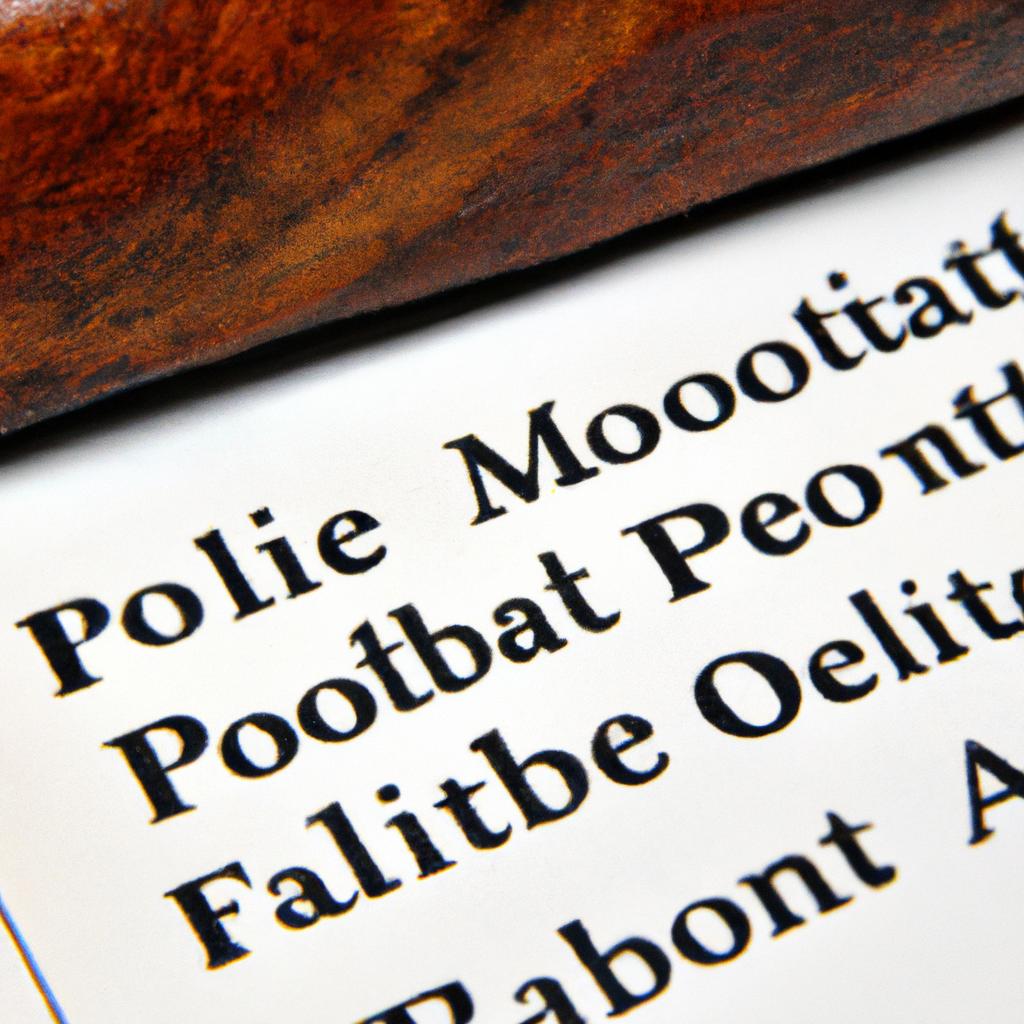Probate can be a complex and daunting process, especially when navigating it without the assistance of a lawyer. At Morgan Legal Group, we understand the challenges that can arise during probate proceedings and are here to offer guidance for those looking to tackle the process on their own. In this article, we will explore the ins and outs of probate without a lawyer, providing helpful tips and information to ensure a smooth and successful experience. Whether you are an executor or beneficiary, our expertise in estate planning, elder law, Wills, and trusts will help simplify the probate process and protect your interests.
Understanding the probate process and requirements
When it comes to navigating the probate process without a lawyer, there are several key steps you’ll need to follow to ensure everything is handled smoothly and efficiently.
- Educate yourself: Take the time to research and familiarize yourself with your state’s probate laws and requirements. Understanding the process will help you know what to expect.
- Gather necessary documents: Make sure you have all the relevant paperwork in order, such as the deceased’s will, death certificate, financial statements, and any other relevant documents.
Additionally, it’s important to communicate effectively with all involved parties, such as beneficiaries, creditors, and the court. By staying organized and proactive, you can successfully navigate the probate process without the need for a lawyer.
| Name | Relationship |
|---|---|
| John Smith | Son |
| Emily Johnson | Granddaughter |

Key steps to successfully navigating probate without legal representation
When navigating probate without legal representation, it’s important to follow key steps to ensure a smooth process. One essential step is to gather all necessary documents, including the deceased’s Will, financial statements, and any relevant contracts or agreements. Having these documents in order will help streamline the probate process and prevent any delays or complications.
- Organize all relevant documents: Ensure you have the deceased’s Will, financial statements, and other important paperwork readily available.
- Communicate with beneficiaries: Keep beneficiaries informed about the probate process to avoid any misunderstandings or disputes.
- Comply with court deadlines: Stay on top of all court deadlines to prevent delays in the probate process.
Another crucial step is to meticulously inventory and appraise the deceased’s assets. This involves creating a detailed list of all assets, including real estate, bank accounts, investments, and personal property. Having a clear inventory of assets will help determine the value of the estate and ensure that all property is properly distributed to beneficiaries according to the Will or state law.
| Assets | Value |
|---|---|
| Real estate | $500,000 |
| Bank accounts | $100,000 |
| Investments | $200,000 |
| Personal property | $50,000 |
- Seek professional assistance if needed: If you encounter complex legal issues during probate, don’t hesitate to consult with a legal professional for guidance.
- Stay organized and diligent: Keep meticulous records and stay on top of all probate-related tasks to ensure a successful outcome.

Important considerations and pitfalls to avoid throughout the probate process
When navigating the probate process without the assistance of a lawyer, there are several important considerations to keep in mind to ensure a smooth and successful outcome. One key aspect to remember is the importance of thorough documentation. Make sure to gather all necessary documents, such as the deceased individual’s Will, financial records, and any relevant titles or deeds. Keeping organized records will help streamline the probate process and prevent any delays or complications.
<p>Additionally, it is crucial to understand the laws and regulations surrounding probate in your state. Each state has its own specific rules and procedures when it comes to probate, so familiarizing yourself with these laws will help you avoid potential pitfalls. It is recommended to consult local resources or research online to ensure that you are following the correct legal requirements throughout the probate process.</p>

Strategies and tips for efficiently managing probate proceedings on your own
When navigating probate proceedings on your own, it is essential to have a clear understanding of the process and the necessary steps involved. One strategy to efficiently manage probate proceedings is to create a detailed checklist outlining all the tasks that need to be completed. This could include gathering documents, notifying beneficiaries, submitting paperwork to the court, and distributing assets. By breaking down the process into manageable tasks, you can stay organized and ensure nothing is overlooked.
Another tip for successfully managing probate on your own is to seek guidance and assistance from online resources and self-help guides. There are many websites and books available that provide valuable information and step-by-step instructions for navigating probate proceedings without the need for a lawyer. Additionally, consider reaching out to local probate court clerks for guidance on specific procedures and requirements in your jurisdiction. By educating yourself and utilizing available resources, you can confidently navigate probate proceedings and efficiently settle the estate.
Q&A
Q: What is probate and why is it necessary?
A: Probate is the legal process of administering a deceased person’s estate. It is necessary to transfer ownership of assets, pay off debts, and distribute the remaining assets to heirs.
Q: Do I need a lawyer to do probate?
A: While hiring a lawyer is recommended, it is possible to do probate without one. However, it can be a complex and time-consuming process.
Q: What are some steps to do probate without a lawyer?
A: Some steps include locating the deceased person’s will, filing the will with the probate court, notifying creditors and beneficiaries, inventorying and appraising assets, paying off debts, and distributing assets to heirs.
Q: What are some common pitfalls to avoid when doing probate without a lawyer?
A: Some common pitfalls include missing important deadlines, not properly documenting transactions, failing to notify creditors and beneficiaries, and not following state probate laws. It is important to research and understand the process thoroughly.
Q: Are there any resources available to help with probate without a lawyer?
A: Yes, there are online resources, probate guides, and probate forms available for assistance. Additionally, some probate courts offer self-help services for those navigating the probate process without a lawyer.
Final Thoughts
In conclusion, navigating the probate process without a lawyer may seem daunting, but with the right resources and guidance, it can be done successfully. Remember to stay organized, follow the necessary steps, and seek advice from professionals when needed. By taking the time to educate yourself and approach the process with patience and diligence, you can ensure a smooth probate experience. Good luck on your probate journey!
 How to Do Probate Without a Lawyer: A Step-by-Step Guide
How to Do Probate Without a Lawyer: A Step-by-Step Guide
Dealing with the loss of a loved one can be overwhelming, and the added stress of handling their estate can make the situation even more challenging. Probate is the legal process of administering and distributing a deceased person’s assets, and it can be a complex and expensive process. Many people assume that hiring a lawyer is the only option when it comes to probate, but this is not always the case. In fact, probate can be done without a lawyer, saving you time and money. In this article, we will provide a detailed guide on how to do probate without a lawyer.
1. Understand the Probate Process
Before diving into the probate process, it’s crucial to have a basic understanding of what it entails. Probate is the legal process of distributing a deceased person’s assets, paying any outstanding debts, and resolving any disputes among heirs. The process is designed to ensure that the deceased person’s estate is divided according to their wishes or state laws.
2. Determine if the Estate is Subject to Probate
The first step in probate is to determine if the estate is subject to probate. Not all assets go through the probate process, and some may be passed directly to the beneficiaries. Assets such as jointly owned property, life insurance policies, and retirement accounts with named beneficiaries usually do not go through probate. It’s essential to carefully review the deceased person’s assets and identify which ones are subject to probate.
3. Obtain the Necessary Documents
Once you have determined that probate is necessary, the next step is to obtain the necessary documents to open the probate case. These documents may include the deceased person’s death certificate, will, and any additional forms required by your state’s probate court.
4. File the Petition for Probate
After obtaining the necessary documents, the next step is to file a petition for probate with your local probate court. This petition outlines the details of the deceased person’s estate, such as assets, debts, and heirs. If the court approves the petition, they will appoint an executor, also known as a personal representative, who will be responsible for distributing the estate’s assets.
5. Notify Creditors and Pay Debts
Once the executor is appointed, they will need to notify all creditors of the deceased person’s death and pay any outstanding debts with the estate’s funds. This includes credit card debt, outstanding medical bills, and outstanding taxes.
6. Inventory and Appraise Assets
The executor will also need to inventory and appraise all of the deceased person’s assets. This can include real estate, bank accounts, investments, and personal property. The value of the assets will determine the amount of estate taxes that need to be paid.
7. Distribute Remaining Assets to Heirs
Once all debts and taxes are paid, the remaining assets can be distributed to the heirs according to the deceased person’s will or state laws. The executor will be responsible for facilitating this process and ensuring that all assets are distributed fairly.
Benefits of Doing Probate Without a Lawyer
Deciding to do probate without a lawyer comes with several benefits, including:
1. Time and Cost Savings: Hiring a lawyer can be costly, with the average cost of probate ranging from 3-7% of the estate’s total value. By doing probate yourself, you can save both time and money.
2. Maintaining Control: When handling the probate process without a lawyer, you have more control over the process. You can manage the process at your own pace and make decisions without relying on a lawyer.
3. Learning Experience: Doing probate without a lawyer can be a learning experience. You will have a better understanding of the process, and this knowledge can be useful in the future when handling your own affairs or helping others with their probate process.
Practical Tips for Doing Probate Without a Lawyer
1. Research Your State’s Laws: Every state has different laws and requirements when it comes to probate. It’s crucial to research and understand your state’s laws and procedures before starting the probate process.
2. Get Organized: Probate can be a complex process, and staying organized is essential. Keep all documents, records, and receipts in one place to make the process smoother.
3. Seek Professional Help When Needed: While you can handle probate without a lawyer, you may need assistance from other professionals, such as a financial advisor or accountant. Don’t hesitate to seek their help when necessary.
Experience of Others Doing Probate Without a Lawyer
Many people have successfully completed the probate process without hiring a lawyer. One such individual is Jane Doe, who shared her experience saying, “I was able to save a significant amount of money by handling probate myself, and it wasn’t as challenging as I initially thought. I did a lot of research and sought help from professionals when needed. I’m glad I chose to do it without a lawyer.”
In conclusion, probate is a necessary but often costly process. By following the steps outlined in this guide, you can successfully navigate probate without the assistance of a lawyer. Remember to stay organized, seek professional help when needed, and research your state’s laws. Doing probate without a lawyer can save you time and money, ensuring the deceased person’s wishes are fulfilled and their assets are distributed to their heirs fairly.

